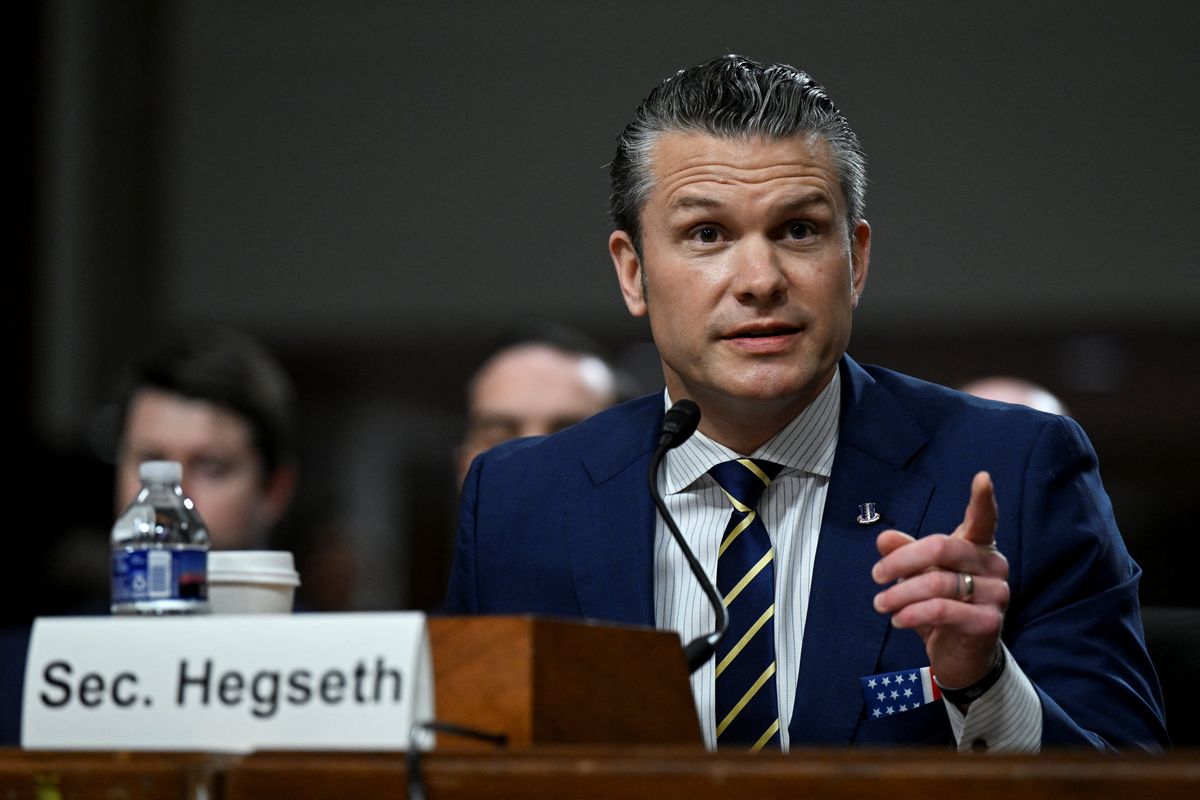
Chief Judge James Boasberg of the D.C. Circuit Court issued a stern rebuke on Friday of Defense Secretary Pete Hegseth's record retention efforts related to "Signalgate."
The scandal erupted after former National Security Advisor Mike Waltz added Jeffrey Goldberg, editor-in-chief of The Atlantic, to a group chat about a strike on Yemen's Houthi rebels. The group chat also included Defense Secretary Pete Hegseth, Director of National Intelligence Tulsi Gabbard, CIA Director John Ratcliffe, Treasury Secretary Scott Bessent, and Secretary of State Marco Rubio.
American Oversight, a nonprofit government watchdog, sued Hegseth and other government officials in March, claiming that the involved agencies were not following federal records retention laws.
Boasberg seemed to largely agree with that premise and said in a memorandum opinion that the messages transmitted via Signal would likely be "lost forever to history."
"Even if an injunction may not guarantee soon-to-be-deleted messages’ preservation, Plaintiff has established that absent such an injunction, the messages will likely be permanently lost," the opinion reads in part.
The government argued that abiding by federal records retention would be financially burdensome. While Boasberg was skeptical of this claim, the judge ruled that American Oversight could not force the government to retain the soon-to-be-deleted records in question. Instead, they could only prevent similar instances from occurring in the future.
"While American Oversight seeks to preserve the Signal messages in this case so that it can later obtain them through FOIA requests, the [Administrative Procedures Act] does not create an independent right to access documents, nor does it typically support prospective remedies like document preservation," Boasberg wrote.




